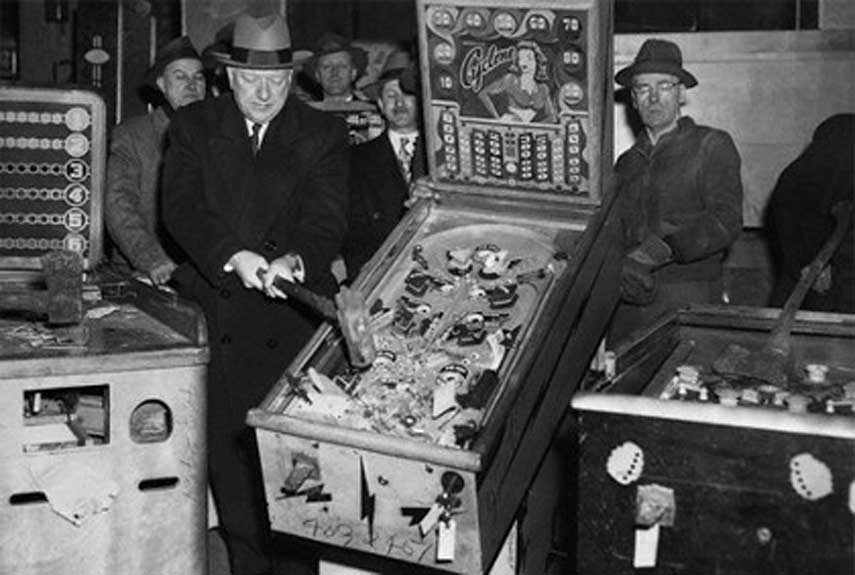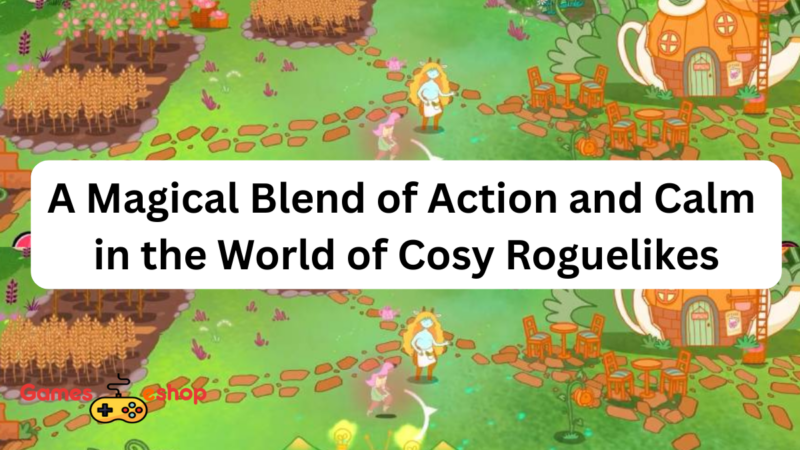10 Reasons Of Pinball Prohibition

Pinball prohibition – If you were in school in the 1970s, you might have known kids who skipped school to play pinball, or you might have done it too. You might be curious why a fun game like pinball was seen as not good.
When we think about it now, stopping pinball seems strange and old-fashioned. People spend a lot more time playing games online, and those games can be quite violent, so pinball seems very nice and harmless.
But why did this not-so-harmful game get a bad reputation? To really get it, you need to imagine being an American during the Great Depression and WWII when things were different. Let’s now move forward to the reasons for Pinball prohibition and more about pinball machines:
Pinball Was A Useful Political Scapegoat
Pinball was a useful political scapegoat in the early 20th century because it was a new and unfamiliar form of entertainment that was often associated with gambling and crime. In the wake of the Great Depression, pinball machines were seen as a symbol of moral decay and social disorder, and politicians were quick to capitalize on this sentiment by scapegoating the industry.
For example, in 1939, New York City Mayor Fiorello LaGuardia pinball prohibited of machines from the city, claiming that they were “a menace to the public morals.” The public widely supported this ban, setting a precedent for other cities to follow suit.
Pinball Was Said To Have Links With Organized Crime
Back in the Great Depression, many people who only had a little bit of money enjoyed playing slot machines. These machines became a way for them to gamble. Because so many people liked them, criminals saw a way to make money from it. But because gambling was against the law in some places, the police paid much attention to these slot machines.
To stay out of trouble with the police, the mob started doing different things, like getting into pinball. At the beginning, people thought pinball was just a fun game and not linked to gambling, so the police didn’t bother it.
The first pinball machines you needed coins to play came out in 1931. These machines followed the rules as long as the prizes you won were only more chances to play or small things like trinkets.
In 1933, Herman Seiden in New York added a slot that gave out money to his pinball machines. If the ball went into certain holes, the machine would give you money. This change helped the mob use the machines for their gambling schemes.
Pinball Broke the US Anti-Gambling Laws
Gambling is about luck, not how good you are. Before 1947, pinball machines didn’t have flippers, so players couldn’t guide the ball (except by moving the machine).
Once the ball was launched, it was just chance where it went into the scoring holes.
In 1976, a person named Roger Sharpe, who made pinball games and was really good at playing them, went to a court meeting in New York. He talked for a group called the Amusement and Music Operators Association. He said that playing pinball was more about being good at it than just luck.
People from the Manhattan City Council and reporters were there too. They watched Sharpe play a game to show how to make the ball go where he said it would.
Pinball Seemed Like a Start to Worse Gambling
People in charge were worried because many kids and teenagers liked to play pinball. They thought if these young people got used to putting small coins in the game when they grew up, they might gamble a lot more money on things that could really hurt society.
Kids Lost Their Important Lunch Money Because of Pinball
Mayor La Guardia said that bad pinball operators were taking away the money kids needed for lunch when they played pinball. This made the kids go without food.
Pinball Made Kids Want to Steal
Because kids could easily become very interested in pinball, churches and schools worried that it was not good for them. They thought pinball might make kids steal coins to play more.
Pinball Was Thought to Be a Meaningless Time Waster
When people really needed to save money and work hard because of the Great Depression, they valued those things a lot. They saw pinball as something that could make people feel down and lazy, and a hobby for people who didn’t do anything useful.
Kids Missed School to Play Pinball
Schools were worried because lots of kids weren’t going to school so they could play pinball. In many places in the US, they made rules that kids couldn’t play pinball during school time.
Pinball Became Linked to Being a Rebel
When the people in charge tried to stop pinball, it went secret. Then, it seemed like something rebellious kids did, like smoking, wearing tough jackets, and special hairstyles. Hollywood movies like Rebel Without A Cause might have strengthened this idea.
In the War, Pinball Seemed Disloyal
When Japan attacked Pearl Harbor, and the US joined World War II, the metal used in pinball machines (like copper, aluminium, and nickel) was needed for the war effort instead.
Conclusion
Pinball suffered because of how people felt during the hard times of the Depression and World War II. It got forbidden in big cities in the US from 1942 to 1976. People thought pinball was bad, and young folks found it exciting and brave to play.
FAQs
When was pinball prohibition took place in the United States?
Pinball prohibition occurred in many American cities and towns in the early 20th century. The first city to ban pinball was New York City in 1907, and by 1942, over 200 cities had banned the game. Pinball was generally seen as a form of gambling.
Why was pinball prohibition took place?
There were a few reasons why pinball prohibition took place in the United States. One reason was that it was seen as a form of gambling. A combination of skill and chance determines the result of a pinball game, and some people believed that this made it too similar to gambling.
Also, pinball machines were usually associated with organized crime, further tarnishing their reputation.






